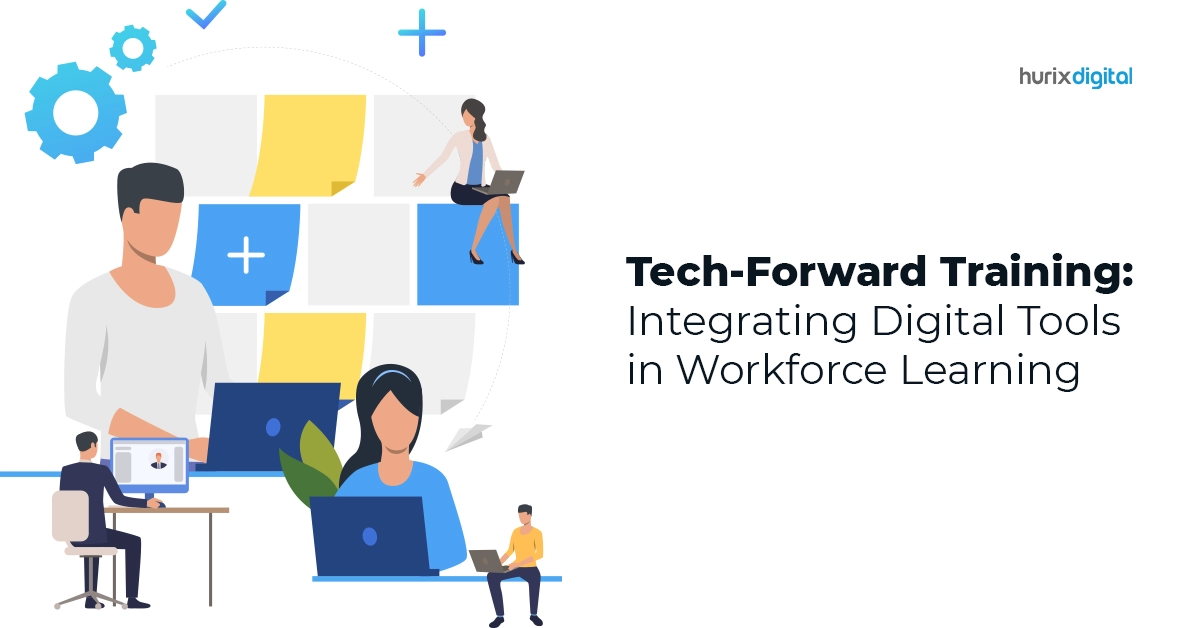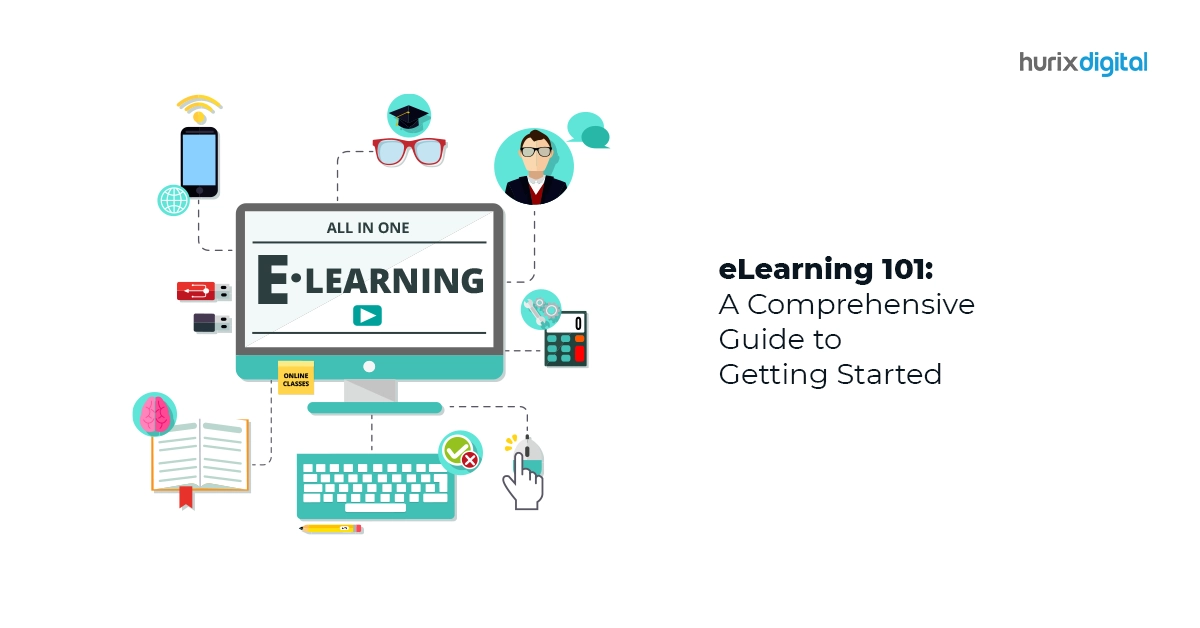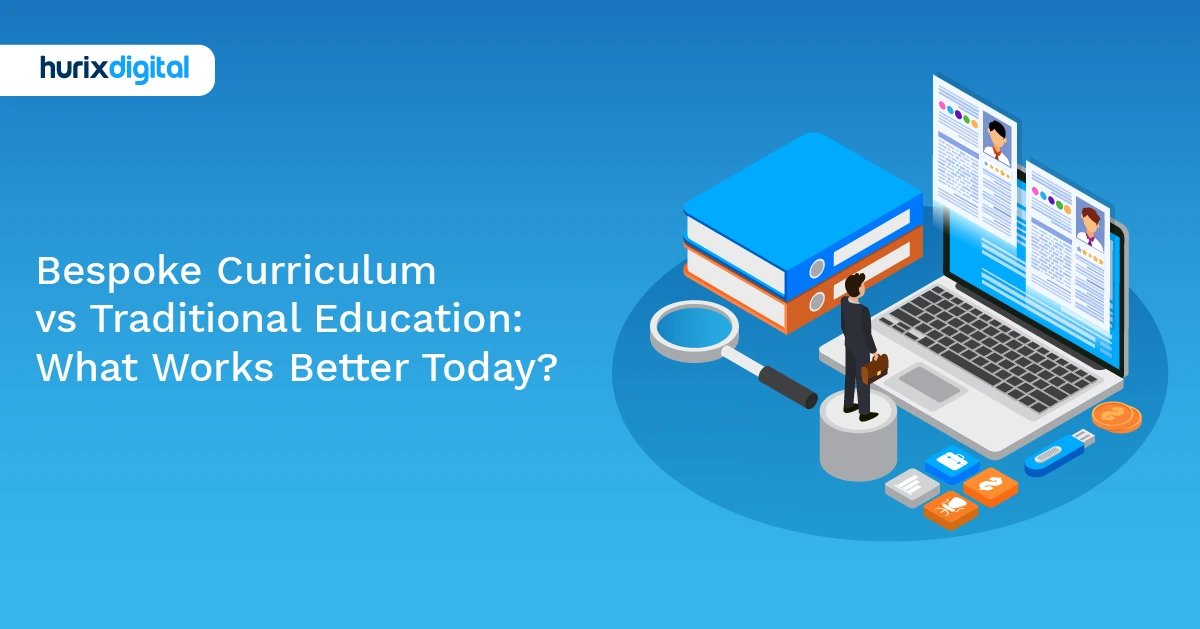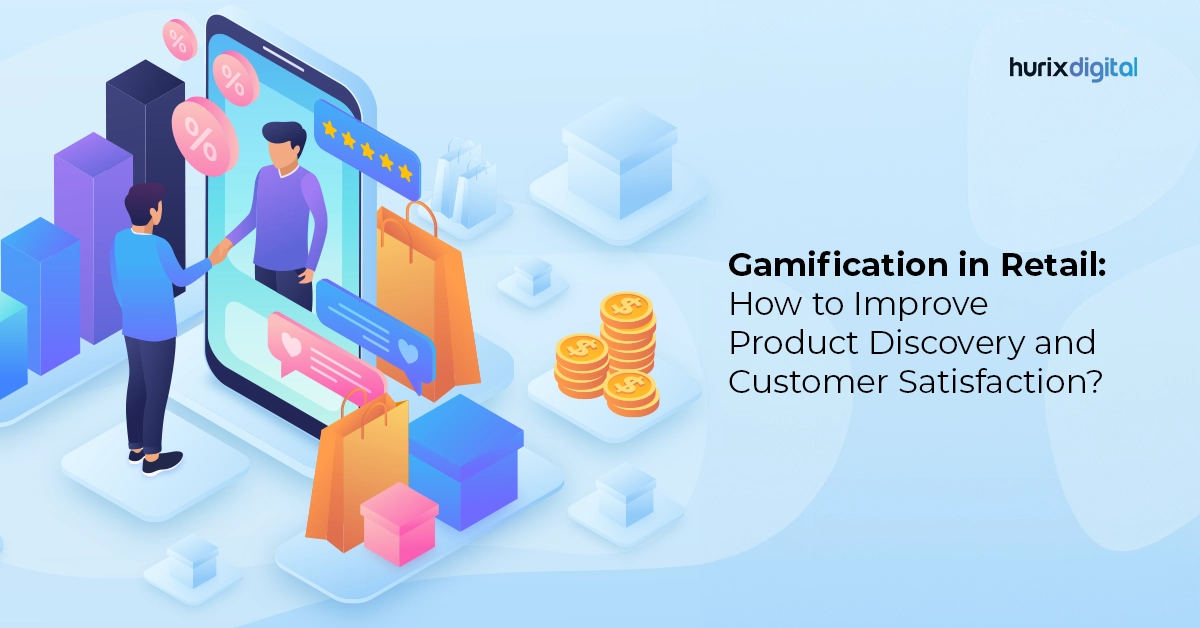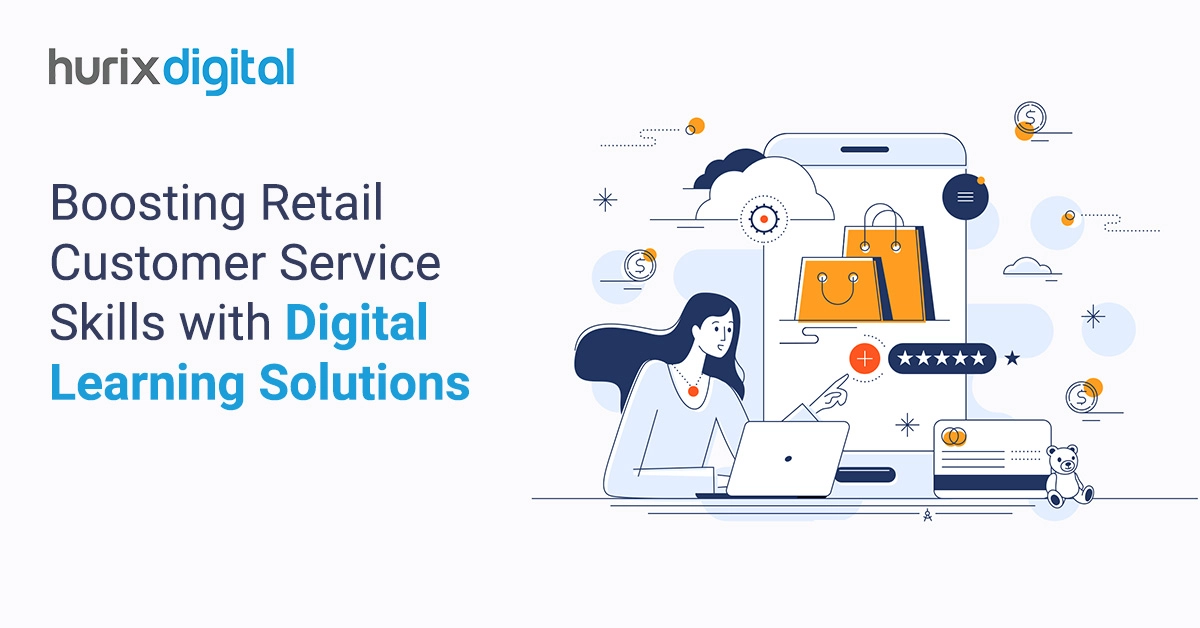
Boosting Retail Customer Service Skills with Digital Learning Solutions
Summarize with:
When it comes to retail customer service, the stakes have never been higher. The modern retail landscape is rapidly evolving, with brick-and-mortar stores facing fierce competition from online giants.
Technology has fundamentally transformed the customer journey, making seamless and exceptional customer experiences a top priority for business leaders.
In this dynamic environment, digital learning solutions offer exceptional customer service, which is a powerful differentiator. A modern approach to employee training empowers retailers to bridge the customer service gap and cultivate a customer-centric workforce.
Table of Contents:
- Digital Learning: A Catalyst for Transformation
- Best Digital Learning Tools for Retail Customer Service Training
- How Can Retail Training Managers Build a Successful Digital Learning Strategy?
- Wrapping Up
Digital Learning: A Catalyst for Transformation
Digital learning solutions offer a suite of tools that address the shortcomings of traditional methods.
Here is how digital learning platforms are revolutionizing customer service training in the retail sector:
1. Unmatched Scalability
Elearning solutions are inherently scalable, allowing retailers to train employees across multiple locations simultaneously. It ensures consistency in training delivery and eliminates scheduling constraints.
2. Personalized Learning
Online learning platforms leverage adaptive learning technologies that tailor content and pace to individual needs and learning styles. It encourages better understanding and knowledge retention.
3. Microlearning
Microlearning provides more flexibility for hectic schedules by breaking up easily digested knowledge into bite-sized pieces. Short bursts of training are available to employees, making it simple to incorporate into their everyday schedules.
4. Enhanced Engagement
Digital learning systems use effective strategies like gamification, interactive simulations, and scenario-based learning to increase employee engagement. These methods establish a fully immersive learning environment that actively engages and inspires students.
5. Accessibility and Convenience
Digital learning options offer unparalleled levels of accessibility and convenience. Staff with an internet connection can log on to training resources from any device, at any place, and at any time. It gives students the freedom to study at their own pace and revisit modules for clarification.
Best Digital Learning Tools for Retail Customer Service Training
Organizations that prioritize a positive customer experience across all departments see a demonstrably higher return on investment. The retail industry has a vast array of best-in-class digital learning tools at its disposal to achieve this.
Here is a glimpse into some popular options:
1. Game-Based Learning Solutions
Retail businesses rely on stellar customer service, but conventional training programs often fail to capture employee interest.
Gamification is a revolutionary solution that injects excitement and harnesses the power of game mechanics to craft a stimulating and interactive learning environment for customer service training.
- Optimizing Potential: To recognize advancement and celebrate successes, gamified training uses leaderboards, badges, and points. It encourages workers to aim for mastery and creates a sense of accomplishment.
- Real-World Quests: These tasks and objectives are based on scenarios and mimic real-world customer encounters. In a secure, game-based setting, workers may hone their de-escalation skills, manage difficult circumstances, and improve their communication abilities.
- Instant Feedback Loops: Gamified training provides immediate, constructive feedback after each challenge or simulation. It allows employees to learn from their mistakes and refine their approach before encountering similar situations with real customers.
- Boosting Engagement: Traditional training can feel monotonous. Gamification injects fun and excitement into the learning process. Employees actively engage with the content, leading to better information retention and a deeper understanding of key concepts.
- Promoting Teamwork: Collaboration is crucial in retail. Gamified training can incorporate team-based challenges, encouraging employees to work together, solve problems as a unit, and celebrate collective achievements.
2. Corporate Learning Management Systems (LMS)
Retailers may consolidate every facet of online training by utilizing an LMS. This one-stop shop allows them to design and oversee courses, monitor staff development, and evaluate learning objectives, all of which contribute to more effective and data-driven training.
- Centralized Training Hub: Establish an extensive training course library encompassing topics such as corporate regulations and product expertise alongside critical customer service abilities like effective communication and de-escalation tactics. It ensures uniformity in training delivery by providing access on demand to all staff members.
- Interactive Learning Experiences: LMS platforms allow you to create simulations that mirror real-life customer interactions. Employees can practice handling challenging situations, apply product knowledge, and refine their communication style in a safe, controlled environment.
- Personalized Development: LMS platforms can personalize the learning journey. Tracking employee progress allows the identification of knowledge gaps and the recommendation of targeted training modules that address specific needs. It ensures each team member receives the most relevant training to excel in their role.
Also Read: Benefits of a Mobile-First LMS Platform in Employee Training
3. Microlearning
Building customer loyalty and driving sales hinges on customer satisfaction within the retail industry. Nevertheless, accommodating customers’ hectic schedules with conventional training techniques is often taxing.
Microlearning provides a new approach by offering small learning modules focusing on specific product features and functionalities.
Benefits of Microlearning for Retail Customer Training
- Enhanced Knowledge Retention: Microlearning breaks down complex information into digestible chunks. This focused approach combats information overload and allows customers to retain fundamental concepts more effectively. The brevity of the modules also encourages revisiting specific topics as needed, reinforcing knowledge over time.
- Improved Time Efficiency: Customers are often pressed for time. Microlearning courses, typically lasting 5 to 15 minutes on average, are ideal for individuals with busy schedules. They can utilize training opportunities during breaks, commutes, or any other brief time window without compromising their critical time.
- Targeted Learning: Microlearning modules address specific functionalities or product features. This targeted approach ensures customers gain the most relevant knowledge for their immediate needs. For example, a customer can quickly learn about a new appliance’s cleaning cycle or a garment care feature without wading through an entire user manual.
- Accessibility and Flexibility: Microlearning content is often delivered through Learning Management Systems (LMS), accessible on various devices like smartphones and tablets. This flexibility allows customers to learn on their own terms, at their own pace, and from any location with an internet connection.
4. Interactive Simulations
Outstanding customer service is essential in today’s cutthroat market. Nonetheless, there is still a barrier to preparing staff to manage challenging circumstances and continuously provide brand-aligned experiences.
An immersive method that is revolutionizing customer service training is virtual reality training, which equips staff members to manage complex circumstances and offer experiences that are consistent with brands.
Here’s how:
- Customized Learning: Virtual reality instruction provides a distinct combination of pre-made and modifiable materials. It enables businesses to design training curricula that specifically meet their objectives and guarantee that staff members are prepared to face scenarios related to their brand and clientele.
- Scalable Solution: VR content transcends geographic limitations. Training modules can be easily distributed to geographically dispersed teams, with the option for desktop access as well. It ensures consistency in training delivery across locations.
- Unmatched Realism: VR creates a highly realistic and interactive environment. Employees can practice de-escalating conflict, demonstrating product knowledge, and delivering exceptional service in simulated scenarios that mirror real-world interactions. This nurtures confidence and preparedness for on-the-job situations.
Retail training managers, in this context, must integrate digital learning solutions to create engaging, flexible, and impactful training programs that enhance overall customer service standards.
How Can Retail Training Managers Build a Successful Digital Learning Strategy?
Acquiring software is a starting point, not a finish line. To achieve the true potential of digital learning, retailers require a strategic plan.
Digital learning solutions offer transformative potential but only when paired with a well-defined strategy. This strategy ensures that retailers maximize the impact of their learning initiatives.
Here’s a snapshot of how retail training managers can build a successful digital learning strategy:
- Assessment: Identify the specific customer service skills required for your retail environment. Consider factors such as the target customer base, prevailing challenges, and desired brand image.
- Content Development: Invest in high-quality, engaging content that aligns with identified learning objectives. Prioritize scenarios, role-play activities, and interactive simulations that mirror real-world customer interactions.
- Ongoing Support: Provide ongoing support to employees throughout the learning process. It could include dedicated learning coaches, online forums for peer-to-peer interaction, and readily available resources for additional learning.
Also Read: 5 Key Benefits of Enrolling in a Customer Service Training Course!
Wrapping Up
eLearning offers a powerful solution for retail businesses seeking to elevate their customer service standards.
Through collaboration with a specialized eLearning provider such as Hurix Digital, you can modify your current training materials or create whole new courses customized to your target audience and brand.
Hurix Digital‘s customized approach guarantees a fully immersive learning environment that gives your staff the know-how and abilities necessary to provide outstanding customer care at every touchpoint.
Connect us today for further info!
Summarize with:

 Upcoming Masterclass | Build an Army of Brand Evangelists using Training & Development | November 20th, 8:30 AM PDT | 11:30 AM EDT | 10:00 PM IST
Upcoming Masterclass | Build an Army of Brand Evangelists using Training & Development | November 20th, 8:30 AM PDT | 11:30 AM EDT | 10:00 PM IST

